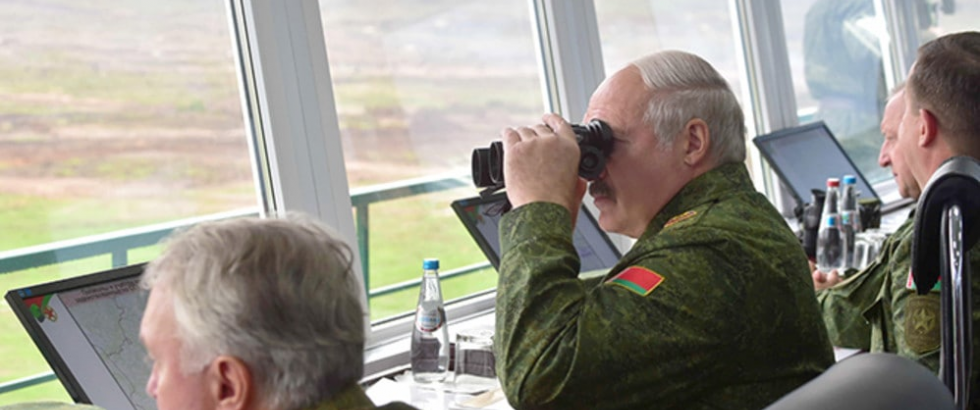Limits on Rent for the Agricultural Power Hierarchy, Elections in a Repressed Society
 The situation has not changed
The situation has not changed

The ruling elite is revising social guarantees in rural areas and reducing local land rents for the agricultural power hierarchy. The beginning of the election campaign follows the traditional script of the ruling class, with minimal media coverage to prevent the society from becoming too politically engaged.
The ruling class is reevaluating its budget allocation priorities and intends to reduce spending on the agricultural sector, including budgetary support for rural development. Lukashenka is directing resources toward the growth of agricultural towns, which make up about 1,500 out of the total 23,000 rural settlements as of January 1, 2023.
The head of state has instructed controllers to increase pressure on the agricultural sector and to minimize corruption among local officials involved in land distribution. The State Control will conduct an audit of how agricultural land is being used.
The government continues to maintain micromanagement of the trade sector and is once again modifying regulations. State controllers are taking advantage of legislative gaps and inaccuracies for purposes like expropriations, replenishing the budget, and redistributing in the market. In return, Lukashenka gains popularity through his involvement in pricing decisions.
The measures taken by Lukashenka’s regime regarding the IT sector are continuing to have negative effects. For the first time in the history of the IT park, Hi Tech Park’s exports have decreased by USD 0.5 billion. The senior leadership is showing a willingness to sacrifice budget revenues and the development of a promising field while minimizing political risks associated with a potentially disloyal IT sector.
The ruling class is launching an election campaign for parliament, local councils, and the All-Belarusian National Assembly with minimal information support to prevent society from getting too involved in politics. Most likely, the Belarusian leadership expects to capitalize on the traditional election scenario, characterized by a passive society and high absenteeism. This approach involves limited attention from society (scarce coverage in state media) during commission formation, candidate nominations, and campaigning. The main faces in the media will not be candidates but representatives of the Central Election Commission and government officials. However, the scenario envisions compulsory mobilization of state employees to polling stations during early voting.
The successful execution of this strategy is facilitated by high absenteeism among supporters of change, as well as potential confrontations within the democratic forces between those who support participation and those who advocate for a boycott.
The Ministry of Justice has completed its sweep of the political landscape. Non-party candidates and nominees from four loyalist political parties will participate in the elections. The ruling class aims to model the political landscape after the Russian system. Belarusian loyalists cover the entire ideological spectrum, including communists from the Communist Party of Belarus, social democrats from the Republican Party of Labour and Justice, centrists from “Belaya Rus,” and liberals from the Liberal Democratic Party of Belarus.
Therefore, it is likely that the ruling class will attempt to keep public attention on the elections to a minimum while forming committees and nominating candidates.
Subscribe to our newsletter




Situation in Belarus
Constitutional referendum: main consequences


 Video
Video
How to count the political prisoners: are the new criteria needed?


 Video
Video
Paternalism In Decline, Belarusian Euroscepticism, And The Influence Of Russia


 Video
Video












